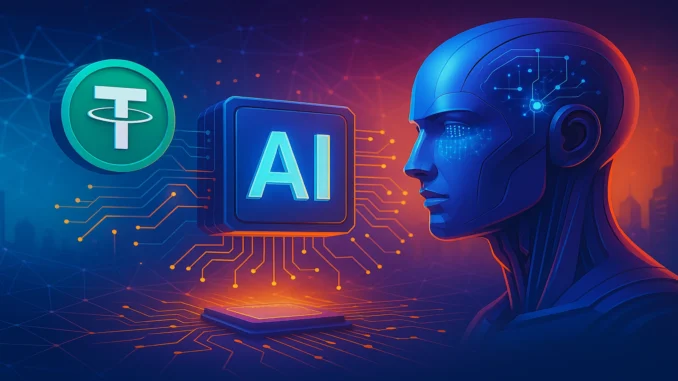
Tether Launches Record Synthetic Dataset for STEM AI
Tether Data, the AI research arm of stablecoin issuer Tether, has introduced QVAC Genesis I, a synthetic dataset comprising 41 billion text tokens, designed specifically to train artificial intelligence models in science, technology, engineering and mathematics (STEM). The release accompanies the launch of the QVAC Workbench, a local AI application that allows users to train and run models directly on their devices, from smartphones to desktops.
Bridging AI and Blockchain: A New Data Paradigm
With Genesis I, Tether seeks to challenge the dominance of large tech companies in AI development by empowering researchers and individuals with high-quality, open data. The dataset is benchmarked across mathematical, physics, biology and medical domains, aiming to improve reasoning, problem-solving and model precision where current open-source alternatives fall short. Meanwhile, the QVAC Workbench app enables models to run locally, preserving privacy and shifting intelligence from cloud-based platforms to devices.
Why STEM Focus Matters in AI Training
Most synthetic datasets today target general language tasks or image recognition. Tether’s STEM-centric dataset fills a gap by targeting structured reasoning and scientific content—areas often underserved in open AI training resources. Through this initiative, Tether positions itself at the intersection of blockchain infrastructure and decentralized intelligence.
Implications for the Crypto and AI Landscape
For the crypto sector, this move underscores how blockchain-native companies are expanding into adjacent tech domains such as AI and data infrastructure. For the broader AI ecosystem, the dataset’s release may prompt faster innovation in local model deployment, peer-to-peer model training, and on-device intelligence. If successful, the initiative could redefine how training data is controlled, accessed and used—shifting power from a few centralized corporations to individuals and communities.






